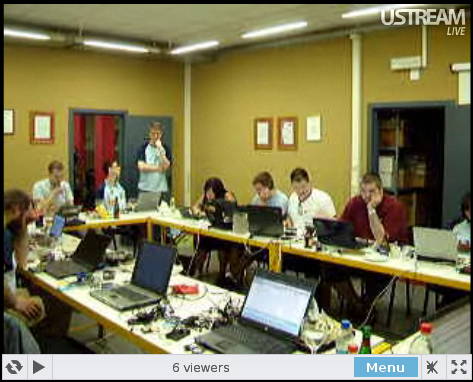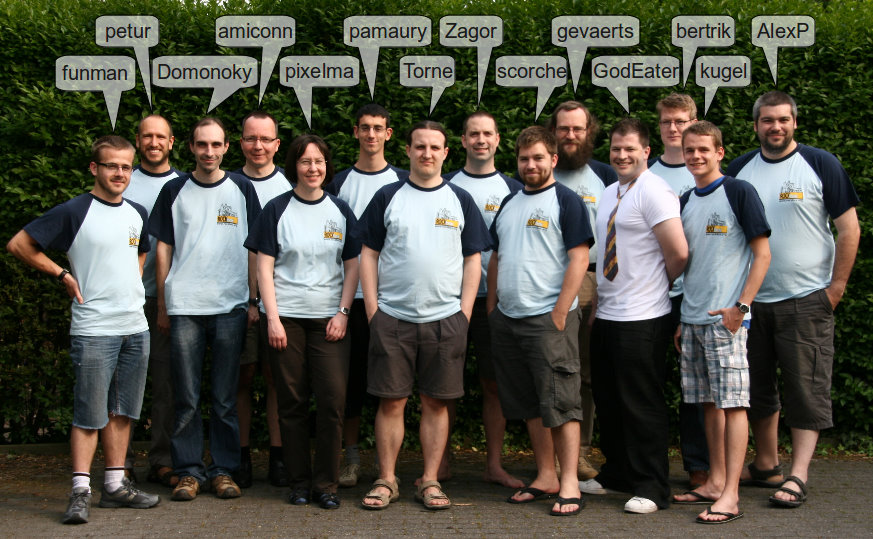The project c-ares started many years ago (March 2004) when I decided to fork the existing ares project to get the changes done that I deemed necessary – and the original project owner didn’t want them.
I did my original work on c-ares back then primarily to get a good asynchronous name resolver for libcurl so that we would get around the limitation of having to do the name resolves totally synchronously as the libc interfaces mandate. Of course, c-ares was and is more than just name resolving and not too surprisingly, there have popped up other projects that are now using c-ares.
I’m maintaining a bunch of open source projects, and c-ares was never one that I felt a lot of love for, it was mostly a project that I needed to get done and when things worked the way I wanted them I found myself having ended up as maintainer for yet another project. I’ve repeatedly mentioned on the c-ares mailing list that I don’t really have time to maintain it and that I’d rather step down and let someone else “take over”.
After having said this for over 4 years, I’ve come to accept that even though c-ares has many users out there, and even seems to be appreciated by companies and open source projects, there just isn’t any particular big desire to help out in our project. I find it very hard to just “give up” a functional project, so I linger and do my best to give it the efforts and love it needs. I very much need and want help to maintain and develop c-ares. I’m not doing a very good job with it right now.
Threaded name resolves competes
I once thought we would be able to make c-ares capable of becoming a true drop-in replacement for the native system name resolver functions, but over the years with c-ares I’ve learned that the dusty corners of name resolving in unix and Linux have so many features and fancy stuff that c-ares is still a long way from that. It has also made me turn around somewhat and I’ve reconsidered that perhaps using a threaded native resolver is the better way for libcurl to do asynchronous name resolves. That way we don’t need any half-baked implementations of the resolver. Of course it comes at the price of a new thread for each name resolve, which turns really nasty of you grow the number of connections just a tad bit, but still most libcurl-using applications today hardly use more than just a few (say less than a hundred) simultaneous transfers.
Future!
I don’t think the future has any radical changes or drastically new stuff in the pipe for c-ares. I think we should keep polishing off bugs and add the small functions and features that we’re missing. I believe we’re not yet parsing all records we could do, to a convenient format.
As usual, a project is not about how much we can add but about how much we can avoid adding and how much we can remain true to our core objectives. I wish the growing popularity will make more people join the project and then not only to through a single patch at us, but to also hand around a while and help us somewhat more.
Hopefully we will one day be able to use c-ares instead of a typical libc-based name resolver and yet resolve the same names.
Join us and help us give c-ares a better future!







